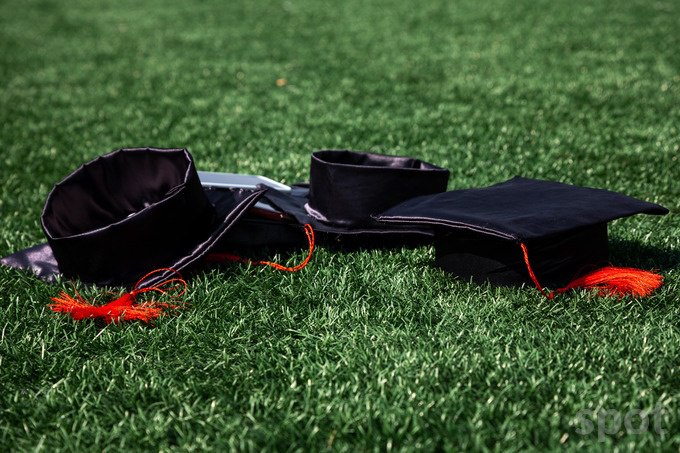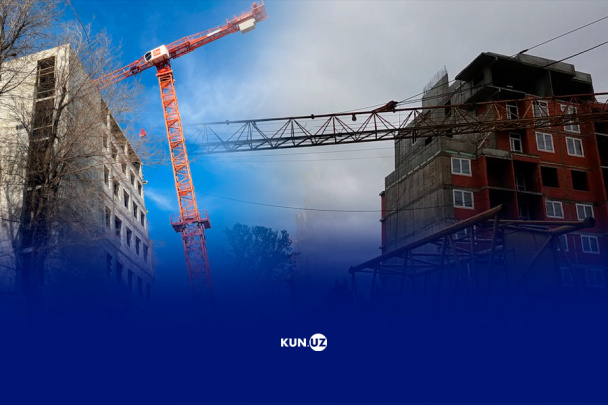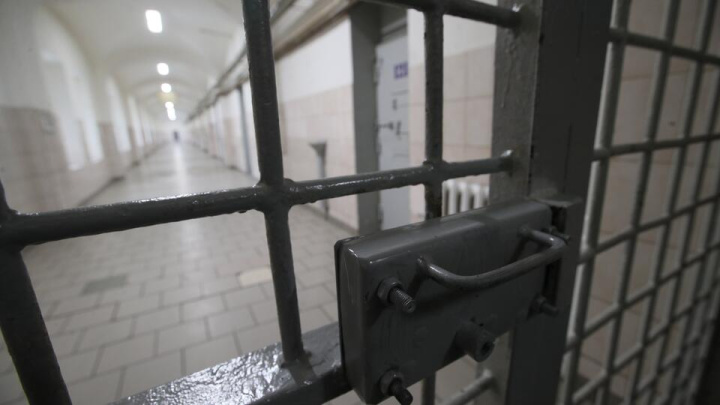Deputies question legality of new 4% revenue fee for private universities
Deputies have raised concerns over the legality and fairness of a newly introduced 4% fee on private universities’ contract revenues, questioning its potential impact on the education sector and its compliance with the law.

Photo: Spot
Deputy of the Legislative Chamber of the Oliy Majlis, Dilmurod Artykov, has sent an official request regarding the introduction of a new fee for non-governmental higher educational institutions. This was reported by the press service of UzLiDeP.
The decision to introduce the fee was made by the Republican Council for Higher Education on November 29. The fee amounts to 4% of the remaining balance from the total cost of contracts for paid education concluded by private universities by the end of the fiscal year.
According to the meeting minutes, the proposal was made by university leaders. The stated reasons include "supporting educational policy," "protecting the interests of universities and their students," and "ensuring healthy competition in the educational market."
According to the minutes, a similar fee is already paid by state universities. The deadline for concluding contracts for the transfer of funds is set for December 25, and private universities are required to transfer the funds to the council’s accounts by January 25, 2025.
Economist Yuliy Yusupov, who published the minutes, sharply criticized the initiative. He pointed out that university leaders were only introduced to the minutes when signing the contract and called the imposition of the fee “retroactively” “unthinkable.”
"New taxes in Uzbekistan can be introduced not only by the Oliy Majlis, but also by any unclear government institution that has appeared from nowhere, and this can happen quite easily — through the minutes of a meeting," Yusupov said.
UzLiDeP also expressed opposition to the initiative, emphasizing that government agencies do not have the right to impose any fees on entrepreneurs without legal grounds. The potential negative impact of such actions on reforms aimed at attracting foreign investment in the educational sector was particularly highlighted.
Dilmurod Artykov has sent requests to the Minister of Higher Education, Science, and Innovation, Kongratbay Sharipov, and to the Prosecutor General, Nigmatilla Yuldashev. The deputy asked for a reasoned explanation regarding the revision of the protocol, in accordance with the law.
Former deputy and head of the Association of Non-Governmental Educational Institutions, Yosh Ziyokor, Rasul Kusherbaev, also sent a request to the head of the Department for Social Development in the Presidential Administration, Odil Abdurahmanov. He pointed out the composition of the council approved by the same protocol.
"In which law are the powers of this council, which issues resolutions that take priority even over government decisions, outlined? Or are there documents granting it unknown, secret powers?" Kusherbaev asked.
The council was established by a Cabinet of Ministers decree in 2019, and its composition was also approved by the government at the time of the November 29 meeting. According to the minutes, the council's membership has been reduced from 17 to 11 people.
Related News

14:07 / 25.12.2024
Ministry of Construction gains authority to annul non-compliant urban planning documents

19:35 / 24.12.2024
Judge revises verdict: Driver sentenced to 3 years for traffic violation resulting in deaths

14:49 / 24.12.2024
Gov’t may introduce mandatory medical examination for detainees

16:05 / 23.12.2024



